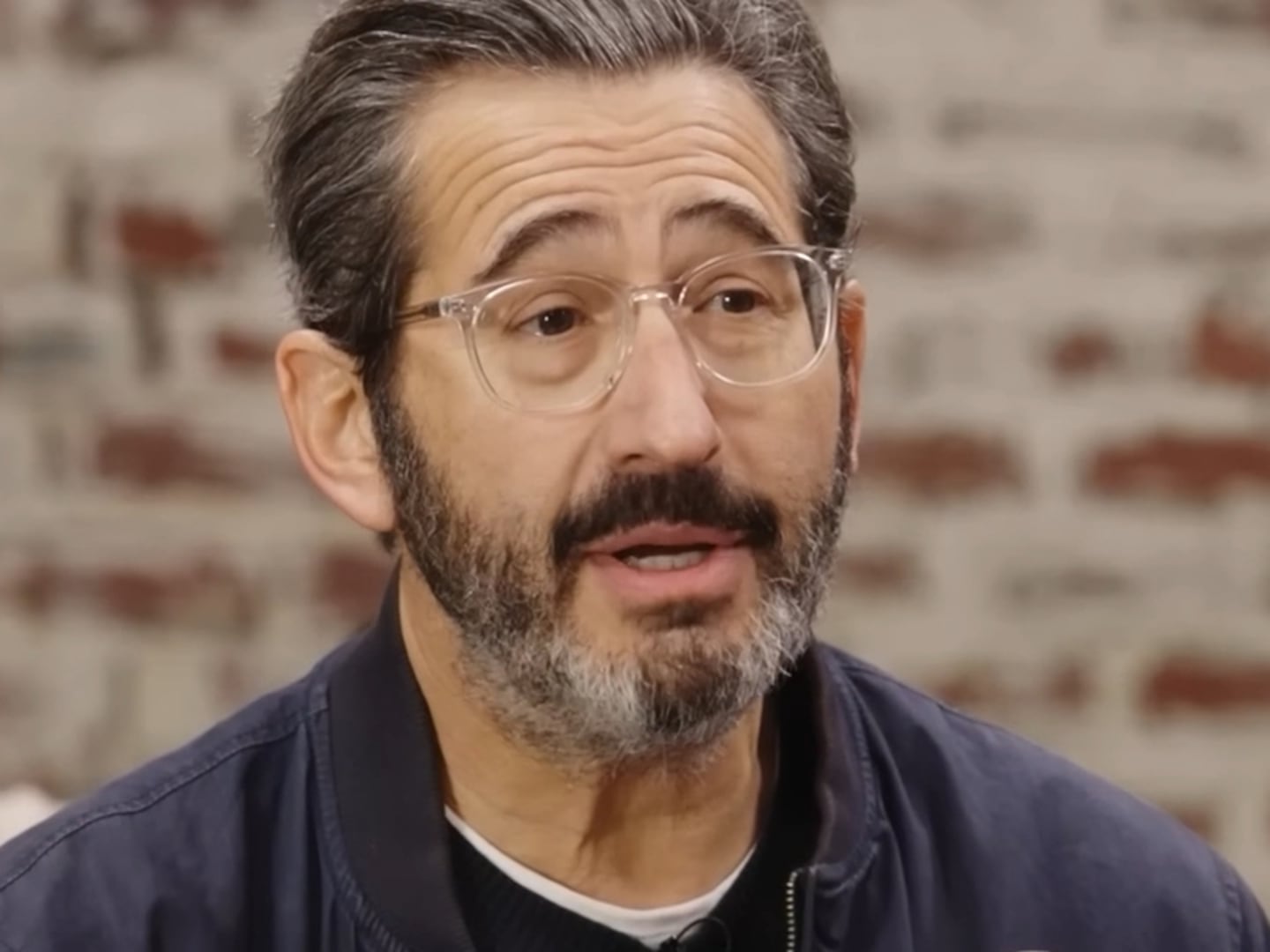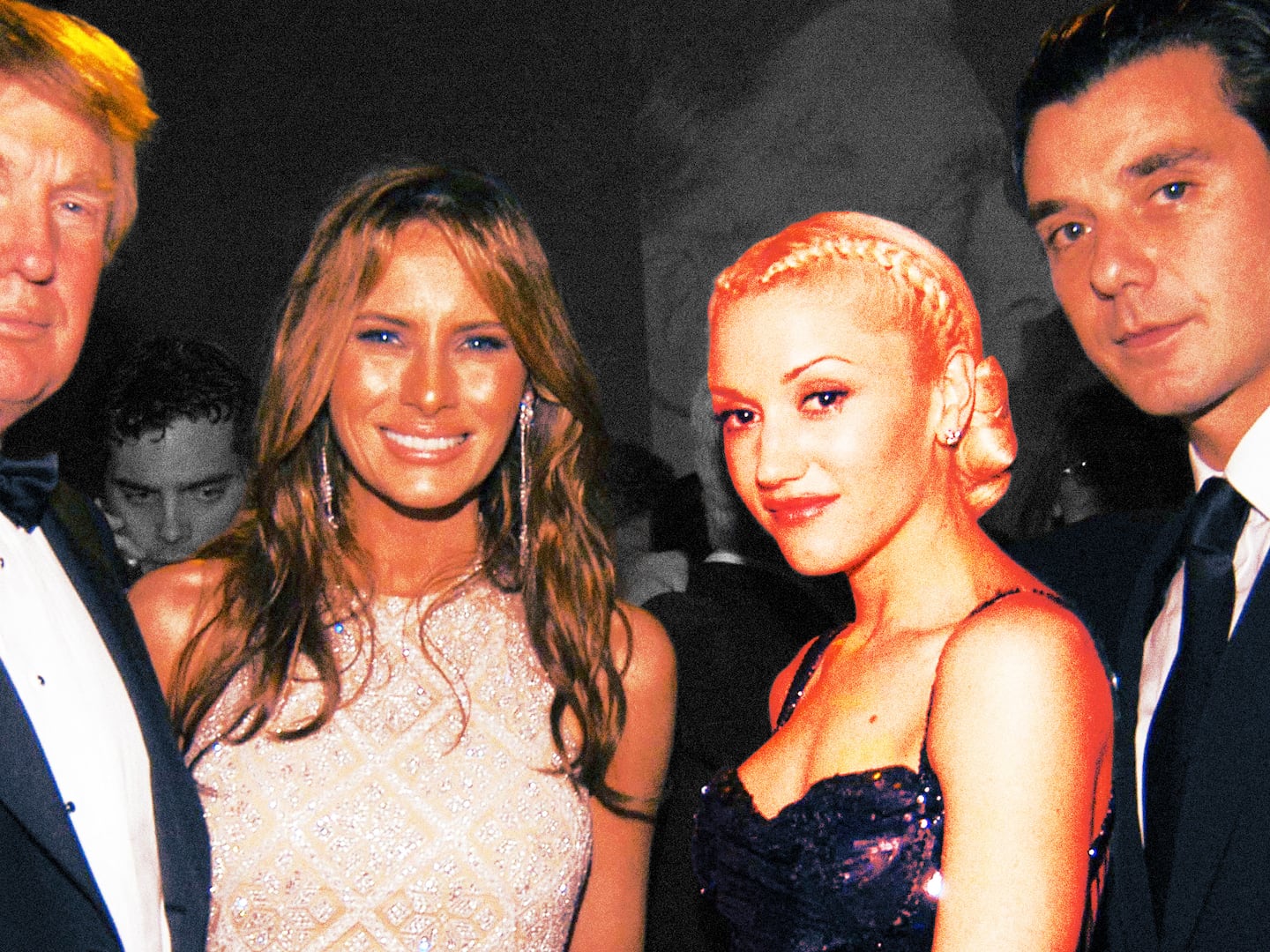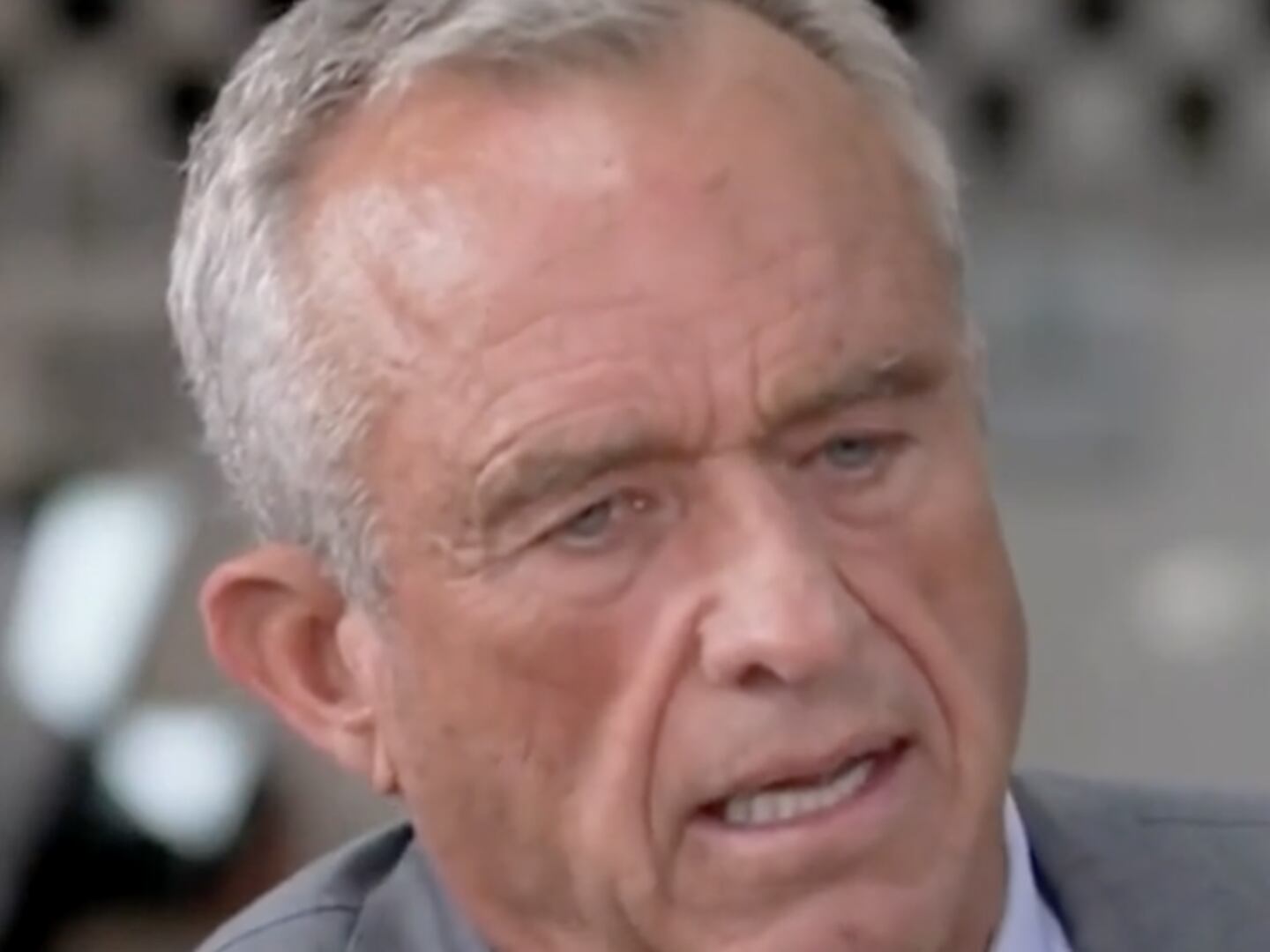Elections
Photo Illustration by The Daily Beast/Getty
Kanye West’s ‘Independent’ Campaign Was Secretly Run by GOP Elites
Late Registration
The campaign took steps, experts say, to mask its connections to GOP operatives. That could violate federal election laws.

Trending Now





